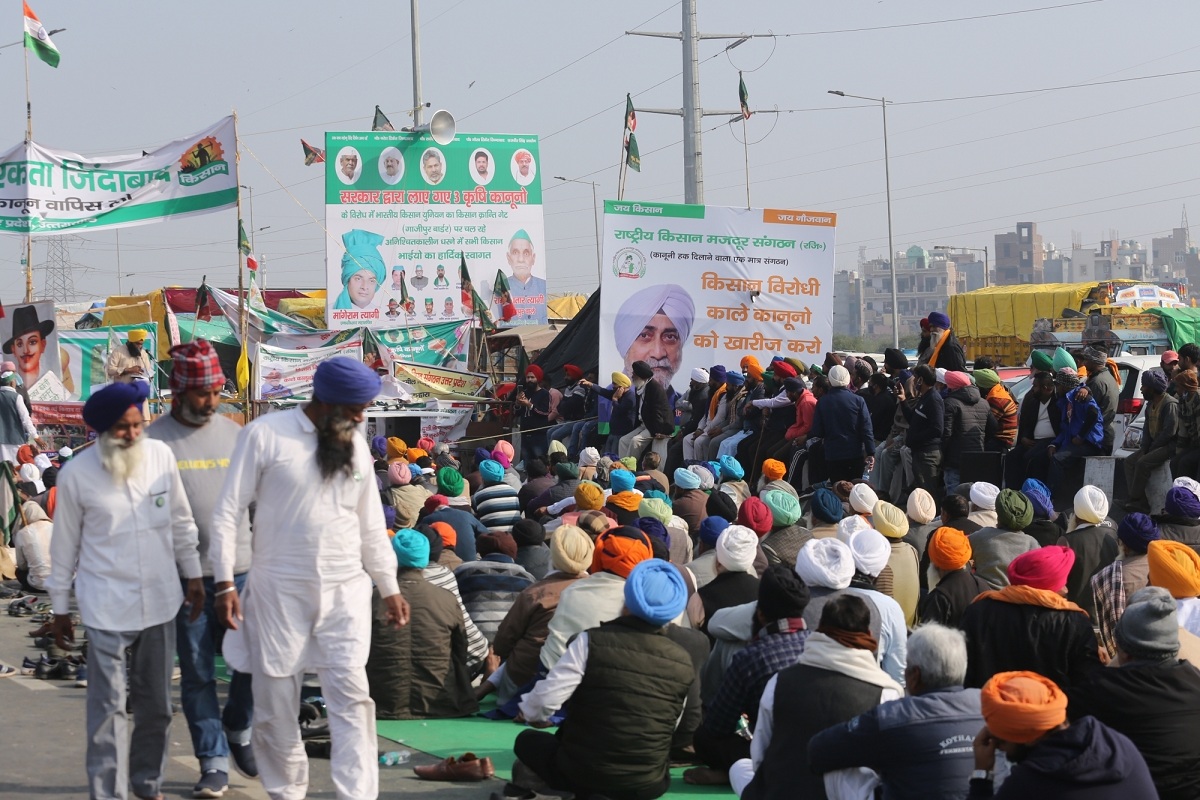As the protest by the farmers demanding the repeal of farm laws fails to yield any result, the seventh round of talks between the Centre and the protesting farmers will be held today.
At the talks, two key issues will be on board — the repeal of the three agriculture laws and giving legal status to the minimum support price guarantee.
The farmers had yesterday threatened to lead a tractor rally into Delhi on January 26 if the demands of the farmers are not met.
In the press conference by the seven member coordination committee of the Samyukt Kisan Morcha, a joint front of almost 40 farmer organisations that are protesting for over a month at the Delhi borders said that the farmers shall ‘peacefully and non-violently’ lead a tractor parade into Delhi, and across the country on Republic Day celebration on January 26, in which British Prime Minister Boris Johnson is to be chief guest.
In the last talks between the farmer unions and the government on December 30, the centre had agreed upon excluding farmers and to ‘decriminalise’ stubble burning for them and to drop provisions of the Electricity Amendment Bill, 2020 which intended to change the existing mode of subsidy payment to consumers.
“The birth anniversary of Netaji Subhas Chandra Bose on January 26 will be celebrated as Azad Kisan Diwas and to mark that farmers will ‘organise protests outside official residences of Governors in all state capitals” said farm leader Darshanpal.
Thousands of farmers who are protesting against the farm laws at Delhi borders have braved police barricades, tear gas and cold. The protesting farmers said that the new farm laws will make them vulnerable to exploitation by big corporations, erode their bargaining power and weaken the government’s procurement system.











